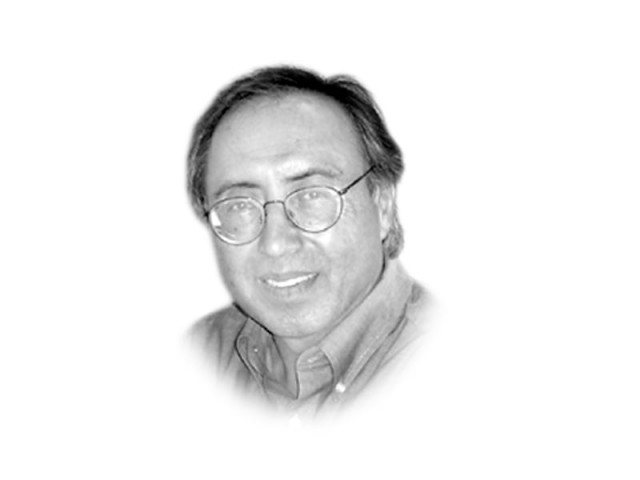Where to begin?
Gravity of one kind of violence by one group shouldn’t blind us to other forms and groups operating in Pakistan today

The writer is a professor of political science at the Lahore University of Management Sciences

Sadly, many groups, not just the Taliban, have resorted to violent means in varying degrees and with different target lists for political and religious ends. The question is, why have we seen violence and its intensity to be on the rise during the past decade or so? The brief answer is, it is system failure, by which I mean the institutions of the state and governments have failed to perform their specified functions. Any system, whether institutional or physical, becomes dysfunctional when it does something it was not designed to do or fails to do what it was required to do. In case of states and governments, this happens when they fail to implement laws effectively, deliver political goods to the people and adjudicate disputes peacefully, timely and according to law and good standards of justice. Pakistan has been on the downside of this deadly dreck for too long, without any resolute, good leader trying to put the country back on the rails of rule-bound governance.
My argument is two-fold. First, the system failure has created a culture of impunity in the country, which is no longer confined to the ruling elite. Frankly, it started with the ruling class — the politicians and the military regimes, as they got away free and were cleared of every wrong committed, as well as for the misuse of power and mega corruption. Now, it is every section of society — clerics, businessmen and members of every other profession. The problem of Pakistan is large and extends beyond state institutions. It is also social and involves the loss of values. This is characteristic of every society that has not applied the rule of law or has not lived according to the law.
Therefore, the mess Pakistan is in, and has been in for decades, is too big to be cleared by one set of administrative actions or emergency legislation. We have been in this for a long time because of grave neglect by the military and civilian regimes that have come and gone. Dynastic party leaders have switched places, but the problems have kept accumulating. We have found each one of them at the top to be expedient, driven by narrow self-interest, and compromising on vital social, economic and political reforms, including national security.
The sacrifice of the last batch of our children has unified the nation and has forced political parties, leaders and all parts of the state to do some collective thinking. This collective thinking must not end at establishing military courts alone. We must address the larger issue of system failure, which also includes reforming and restructuring of the judiciary — the criminal justice system in its every aspect. Second, there cannot be any exception from the rule of law — all are equal before it and under it. Third, we need to bring in accountability and transparency in the functioning of government institutions at every level and in all spheres.
Politics and governance as usual is not a rational choice for a society in such deep crises, and quick fixes never offer real solutions.
Published in The Express Tribune, January 7th, 2015.
Like Opinion & Editorial on Facebook, follow @ETOpEd on Twitter to receive all updates on all our daily pieces.
















COMMENTS
Comments are moderated and generally will be posted if they are on-topic and not abusive.
For more information, please see our Comments FAQ